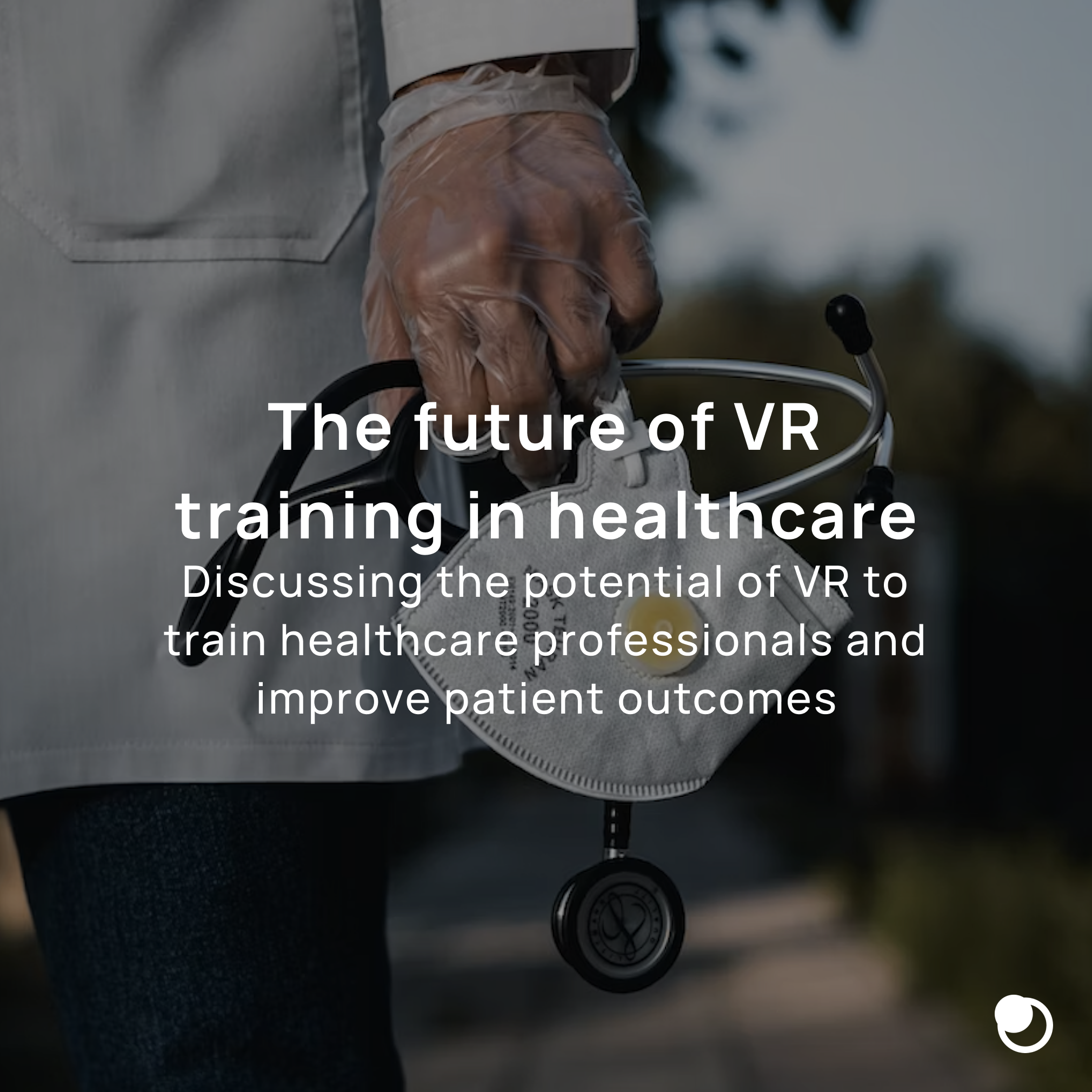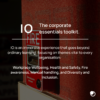
Virtual Reality has transformed the way we experience entertainment and gaming, but its potential goes far beyond. In recent years, the healthcare industry has been exploring the applications of VR for training healthcare professionals and enhancing patient care. With its immersive and interactive nature, VR training has the potential to revolutionise the medical industry, improve skill retention, and ultimately lead to better patient outcomes.
Customised Learning and Remote Training
VR training platforms offer the advantage of customisation, allowing organisations to tailor scenarios to meet specific learning objectives. This adaptability ensures that learners receive training that aligns with their skill level and knowledge. Moreover, VR training can also facilitate remote learning, breaking geographical barriers and making medical education accessible to a broader audience. This is especially valuable in regions with limited access to medical training institutions.
Enhanced Learning Experience
One of the main advantages of VR training in healthcare is its ability to provide an enriched learning experience. Traditional medical education often relies on textbooks, lectures, and limited hands-on experiences. However, VR allows learners and professionals to engage in realistic simulations of medical procedures, surgeries, and patient interactions. This interactive approach allows learners to make mistakes in a safe environment and learn from them.
Improved Skill Retention
Research suggests that hands-on training is one of the most effective methods for skill retention. VR training offers a unique blend of theoretical knowledge and practical application, which enhances the retention of critical medical skills. By immersing trainees in simulated scenarios, VR helps reinforce muscle memory and cognitive processes, leading to better retention of skills when applied in real-life medical situations.
Patient Empathy and Understanding
VR can also play a significant role in helping healthcare professionals develop empathy and a deeper understanding of patients’ experiences as VR allows learners to experience their roles in an immersive environment. This heightened awareness of patient emotions and experiences can lead to more compassionate care and improved patient satisfaction.
Furthermore, VR training fosters empathy and communication, resulting in better collaboration and patient outcomes. According to a survey by the Human Simulation and Patient Safety Center, 98% of healthcare professionals believe that VR training improves team communication and overall performance.

MOONHUB’s ELARA Suite
MOONHUB has developed ELARA, a holistic, low-risk, highly immersive virtual reality healthcare suite focused on care delivery. Our Dementia Care VR training immerses learners in real-life situations that mirror the challenges of social care boosting technical knowledge and heightening emotional soft skills. The Dementia Care course is designed with a person-centred approach, endorsed by Skills For Care and certified by the CPD.
Elara’s Dementia Care training is co-curated with Leeds Beckett University Professor of Dementia Studies and Director of the Centre for Dementia Research Claire Surr. She has led a wide range of dementia research programmes funded by major funders including the National Institute for Health Research and the Alzheimer’s Society.
Read more about our case study here.
We are expanding our ELARA suite
MOONHUB looks forward to expanding our ELARA suite which will include training on Moving and Handling, Safeguarding, Medication Administration and Clinical psychology.









